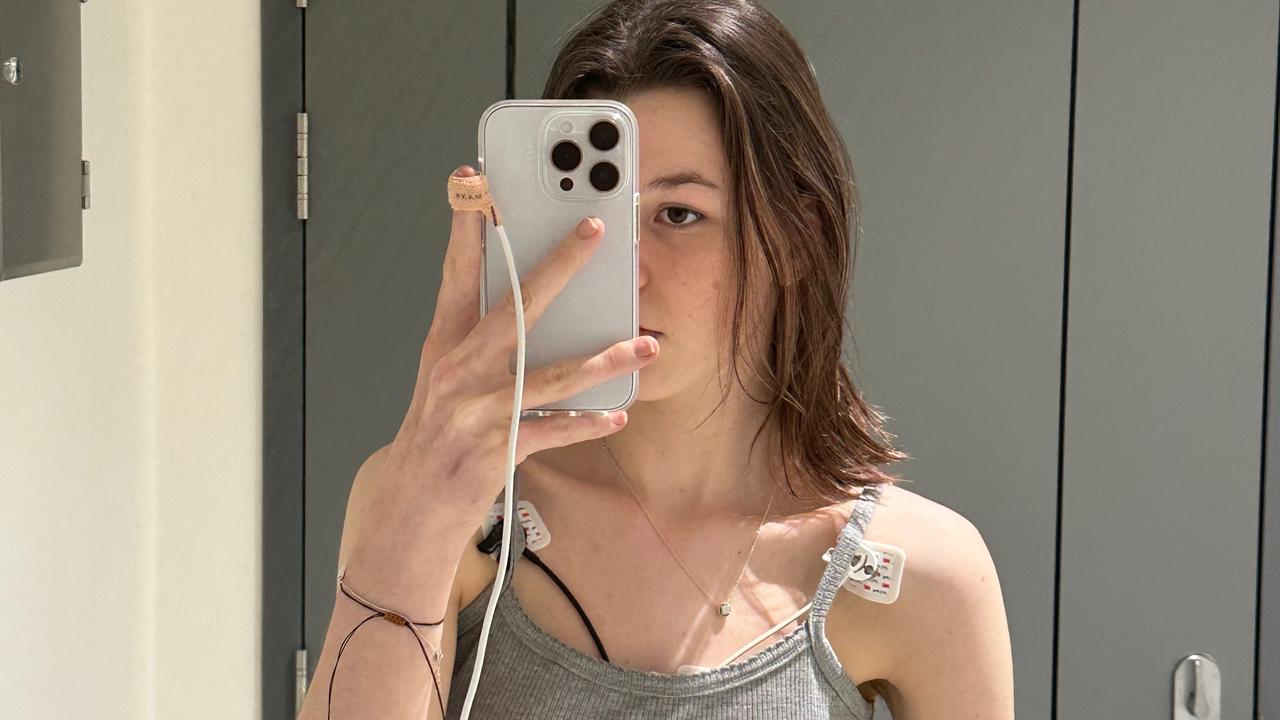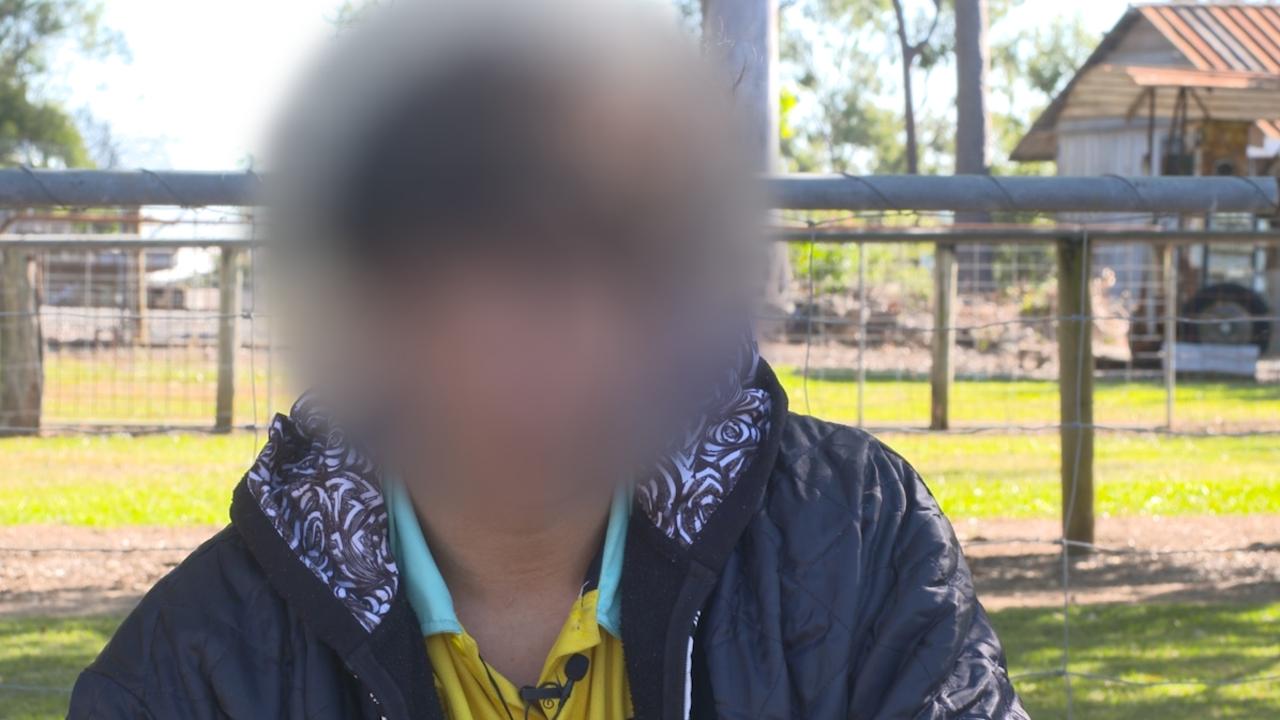Fifth Covid vaccine will likely be needed as new wave expected ahead of Christmas
Nicola Spurrier has warned a fifth dose of the Covid vaccine will likely be needed and some restrictions could stay, as new modelling predicts a fourth wave by Christmas.
Coronavirus
Don't miss out on the headlines from Coronavirus. Followed categories will be added to My News.
South Australians will need a fifth dose of the Covid-19 vaccine, says state’s chief public health officer.
Professor Nicola Spurrier told ABC Radio Adelaide while four doses is sufficient protection against serious infection or hospitalisation, there will come a time when South Australians will require another booster.
“What we’re looking at is an international community is the impact of that booster, that fourth dose and whether there’s any waning and at what point we would recommend your next booster,” Prof Spurrier said.
“There’ll be some point I suspect when we all need another dose, the same with the flu vaccine.”
Prof Spurrier also noted some Covid-related restrictions could remain in place, despite a government move towards a national model.
“It’s absolutely not that everything is gone,” she said.
“Facilities themselves could have a policy... we’ll be reviewing the directions set by the government and working out what we think is sustainable and what sectors will be able to take on themselves.
“What we are trying to do along with the rest of the country is to move to more personal responsibility, that applies on an individual and business level.”

It comes as a fourth Covid wave is predicted to peak around December 6 and peak hospital cases will hit about two weeks later – just in time for Christmas.
Though Professor Spurrier was upbeat, saying it was “not going to be as bad as our previous waves” and the impact on hospitals would be “a lot less”.
“We’re in a very good place now in Australia,” she said.
New modelling given to the state government on Sunday night shows a likely peak of around 6000 to 8000 infections a day although not all people will get tested and so will not show up in official figures.
However a combination of widespread vaccination plus natural protection of people having previously been infected means hospital cases will be far less than previous waves at a predicted peak of around 200 a day, compared to 300 to 400 a day in previous waves.
Anti-viral medication also will help severe cases.
Professor of Applied Mathematics at the University of Adelaide, Joshua Ross, told the parliamentary committee that scrutinises SA’s Covid-19 directions the latest wave would probably continue through until February.
Asked by Opposition health spokeswoman Ashton Hurn if the modelling means peak hospital cases would be “around Christmas” he replied: “That is what the current modelling would suggests is going to be the case.”
He noted the predicted peak of around 200 hospital cases a day would be “less than anything we’ve experienced before in terms of a peak of other waves (but) it is still significant obviously.”

Prof Ross’ modelling showed ending mandatory isolation for people diagnosed with Covid had some impact on predicted infection numbers but was “not overly significant in terms of the change to peak hospital occupancy or the overall bed days.”
He said it probably would have a “3 per cent impact” on infections, as many people do not isolate until after they develop symptoms and test positive and “a lot of the transmission actually takes place prior to symptom onset.”
Mandatory mask requirements once had about a 10 per cent reduction in transmission but with the ending of most requirements including on public transport this was now around a 3 per cent effect on reduction.
“Vaccines have been very effective in terms of reducing severe infections and hospitalisations,” Prof Ross said, adding that South Australia is “past the worst” in terms of hospital cases.
He said there was hope hybrid immunity – where people are vaccinated but have also built up resistance after having caught the disease – would reduce the number of long Covid cases.
However he noted immunity does wane.
“Immunity from vaccination looks like it decreases somewhere around 5-to-6 per cent per month from the level that we started … hybrid immunity looks like it is less than half of that, it’s somewhere like 3 per cent or less,” he said.
Questioned about modelling done prior to SA’s borders opening last year Prof Ross said it was done on the Delta variant, as Omicron did not exist at that time, and the situation and modelling “matched really well for two weeks” until Omicron hit.
While cautioning about the emergence of new variants Prof Ross said there could be a “convergence in the evolution and everything kind of becomes a bit more similar and we can start to manage it with vaccines better … it could end up with some flu-like kind of behaviour and management.”




